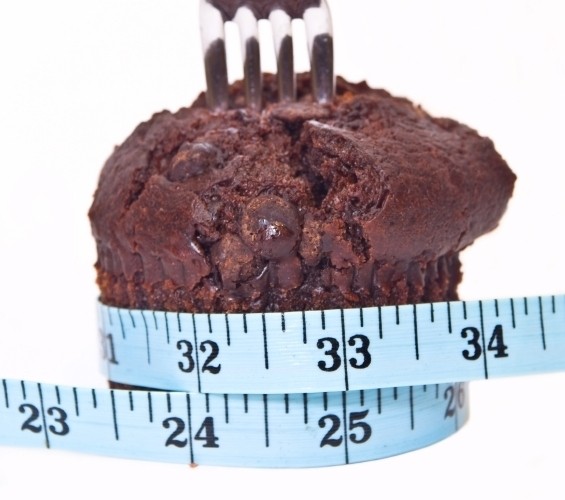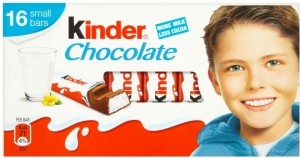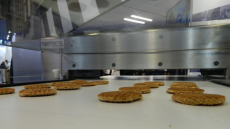Don't change our treats! Smaller portions better than reformulation for confectionery, says dietitian

Registered dietitian and health writer Dr Carrie Ruxton told ConfectioneryNews that changing confectionery recipes could encourage consumers to eat more unhealthy treats, whereas smaller portion sizes would mean the foods are enjoyed in moderation.
'Not keen on reformulation'
Dr Ruxton told ConfectioneryNews that while reformation for staple, everyday foods like ready meals, pizzas and breakfast cereals was productive, the same was not true for confectionery.
"When it comes to confectionery I don't think people are attracted by low-fat confectionery, low-sugar, etc because they feel it takes something important out of the taste of the confectionery. And secondly from a health perspective you would then get the view that: 'Well it's low-fat chocolate so that means I can have more of it'."
"I think it's better to keep people's treats the way that they are, the way that they expect them, and have less of them and encourage less of them and don't incentivize them by making them cheaper, offering multi-buys and larger portions. We've seen all that in the past and that is shirking responsibility, that is people saying: 'Yeah this is great eat more of it'."
Ferrero portion control
Ferrero - the Italian confectioner behind brands like Nutella and Kinder - is one example of a company offering products in smaller, individually wrapped portions. In a recently released corporate responsibility report, the firm said that foods should be looked at as part of a broader balanced diet, as opposed to demonizing specific foods.
“Nourishment is the result of eating all foods, so that talking about single foods and products has no scientific basis,” said the company. “There is no such thing as good or bad foods but only good or bad eating habits."
A place for confectionery in a balanced diet?
Ferrero stressed that a healthy diet should be approached holistically. “A truly balanced diet is not one that merely excludes certain foods but rather one that includes, in correct portions, those products that consumers love best, so as to enable them to maintain, over time, a complete set of correct eating habits,” said the company.
Ruxton agreed that it was about balance as well as the amount eaten. "These are things that are nice to have in the diet and help us to enjoy our diet but they don't bring a lot of nutrients and they do bring things like sugar, fat, saturated fat and salt which we need to be eating less of. So it's all about getting the right balance," she said.
"People have to enjoy their diets because diets that are not enjoyed are not eaten and that's why you see so many people who try to lose weight on faddy, extreme diets just fall by the wayside after a few weeks because people can only stand a restrictive diet for a very short period of time," she explained.
Ruxton said that in the UK currently around a quarter of the populations calories come from these "treat foods" like chocolate, confectionery, cakes, biscuits, alcohol and soft drinks.
Good things come in small packages
Ferrero also said that portion sizes are increasingly seen as the decisive factor in controlling food consumption. It said that the presentation of products in small, wrapped portions leads to an "obvious reduction in the consumption of sugars and fats."
The company gave its Kinder range as an example of this whereby the products, traditionally marketed towards children, are made in individual portions weighing between 12.5 and 43g.
Ferrero’s milk chocolate Kinder Bueno bar contains 12.3 Kcal per 21.5 g piece and 575 kcal per 100 g, this larger 100 g quantity of the product would constitute over a quarter of the 2000 Kcal Guidance Daily Amount recommended for an average adult daily diet.
The company says more than 70% of its products are presented in portions with a calorie count lower than 100, with 95% in separate portions containing less than 150 Kcal.
Dr Ruxton said: "Portions have got larger and larger over the last decade and people are encouraged through offers in supermarkets to buy more, get one free, get 25% off or whatever. I think that's going down the wrong route because that's encouraging people not only to have a treat but to eat more of it."
An unknown science
In a recent review published in the Critical Reviews in Food Science and Nutrition it was suggested that there is still a lot we do not know about portion size science since the established laboratory studies may not take into account the multitude of factors that determine food intake in a real world setting.
The report’s author, Professor David Benton, said: "The single most important objective is to establish the importance of portion size relative to the range of other variables that influence food intake."











